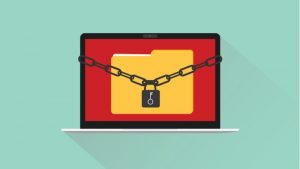Following a Dec. 13 cyberattack, the city of New Orleans has declared a state of emergency, according to court filings.
The city of Pensacola, Fla., confirmed that the city experienced a ransomware attack in the early morning of Dec. 7.
U.S. Election Assistance Commissioner Thomas Hicks said on Dec. 3 that election security in the U.S. is “light years” ahead of where it was in 2016, but also emphasized there’s plenty more to do to ensure good security for the 2020 election cycle.
The Congressional Budget Office estimated in a Nov. 21 report that the DOTGOV Online Trust in Government Act would cost very little to implement.
The Department of Homeland Security’s (DHS) Cybersecurity and Infrastructure Security Agency (CISA) announced Nov. 21 that it is developing and piloting a new open-source post-election auditing tool for use in the 2020 elections.
The state of Louisiana was hit with a ransomware attack on Nov. 18, making it the second attack on the state in the last six months. Louisiana Gov. John Bel Edwards, a Democrat, said on Twitter, “There is no anticipated data loss and the state did not pay a ransom.”
The House Science Committee voted to approve H.R. 4990, the Election Technology Research Act of 2019, on Nov. 14.
The Brennan Center for Justice argued in a Nov. 12 report that the Federal government needs to hold election technology vendors to higher cybersecurity standards in order to receive Federal certification. To that end, the Center offered up a new framework for oversight.












